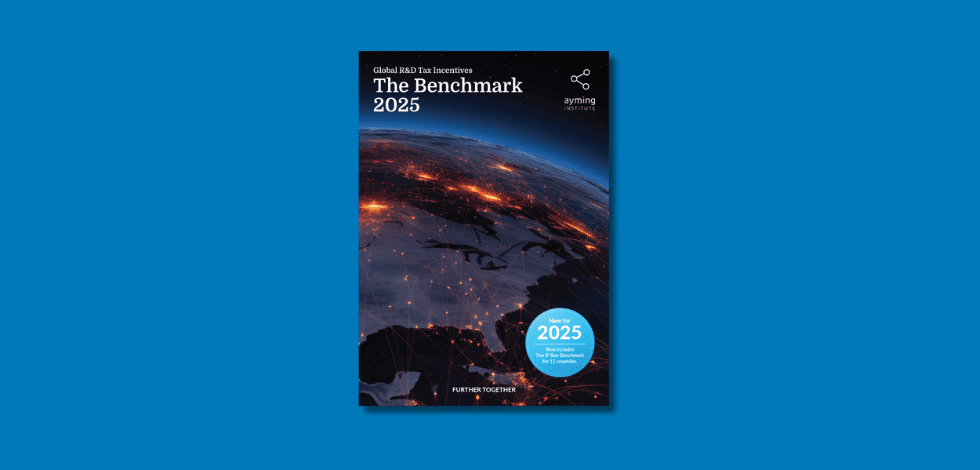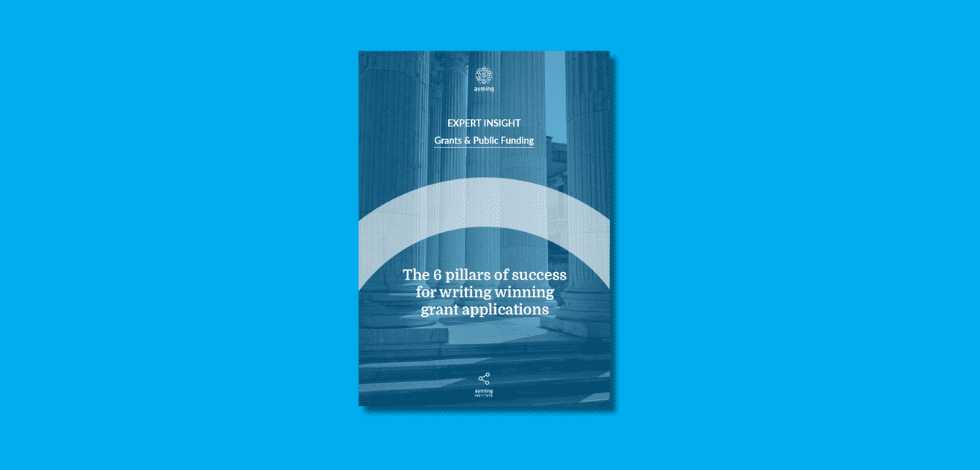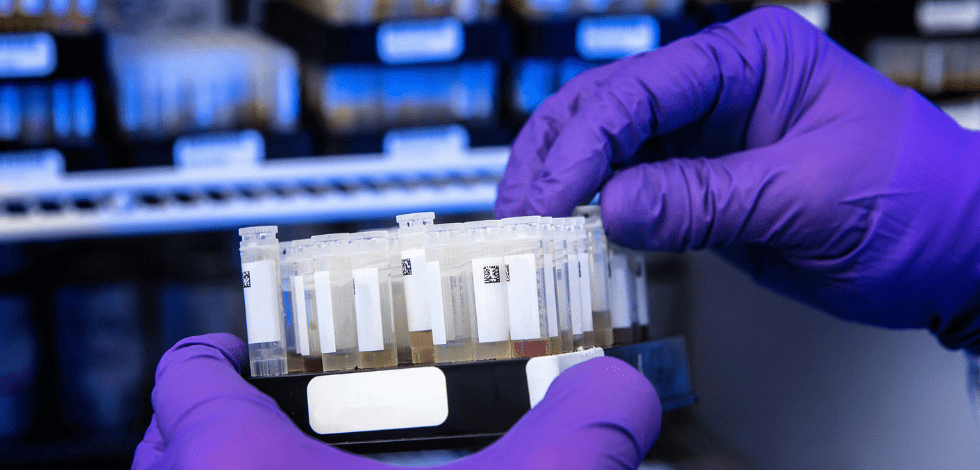Declaring coal down or out?
At last month’s much-anticipated COP26, leaders forged new alliances, and green initiatives were debated. Research and innovation were understandably high on the agenda. Still, we missed the opportunity to plant a stake in the ground and show the world that we’re taking the climate crisis seriously. Like many, I was disappointed by the shocking last-minute decision of China and India to “phase down” the use of coal rather than “phase out”. While this change will unquestionably impact their natural environment, developed countries like the UK must do more to support vulnerable nations financially and adopt greener technologies.
Although the final agreement may not be what we’ve hoped for, there were some positive outcomes. Out of the five innovative green solutions from COP26, solution three jumped out for me – ‘Tracing Emissions Around the Globe’. One of the management philosophies I subscribe to is “If you can measure it, you can improve it”. Having the most accurate and reliable data from countries worldwide is vital if we’re going to improve global emissions. We need to hold accountable not only governments but also industry sectors and their constituent companies. If we can get precise, objective data on the climate debate, it becomes impossible to refute.
At a time when R&D is more vital than ever came the disappointing news from the government’s Autumn Budget and Spending Review. The chancellor, Rishi Sunak, announced the delay of £2bn in annual investment on research and development by two years. This sounds a lot like the government is scaling back its ambition to position the UK as a true global leader in science and innovation.
On a more positive note, cloud computing and data will be eligible for R&D tax relief from April 2022. However, ambiguity was introduced by the warning that overseas R&D might potentially lose out on incentives. Currently, the UK is one of the few countries worldwide where companies can claim costs for R&D that is conducted overseas. According to the Office for National Statistics (ONS), “just over half of the £47.5bn of British privately financed R&D was in the UK, which is explained in part by companies being able to claim for activity taking place overseas”. I personally don’t quite believe it. There’s a difference between the expenditure for which companies claim R&D tax relief and what the ONS publishes and says the companies report (as R&D expenditure in the UK). Of all the claims we’ve submitted at Ayming, overseas costs don’t come close to half the total claim value. The ONS most likely has too narrow a view of what constitutes R&D, and as a result, is underreporting.
Aligning to other countries is essential, but the government shouldn’t lose sight of the fact that this is R&D conducted by UK companies that still generates IP for the UK. Whilst I sympathise with the fact that the government wants to fund more R&D and GDP spending in the UK, I’d like to see more spending allocated to R&D.
Let’s beat inflation with innovation
We’re all feeling the squeeze of inflation. New figures, released earlier last month, revealed it is expected to stay high. As we move towards a greener economy, there will inevitably be short term inflation spikes at particular times. What history has shown us is that overall commodities prices have trended down over the past 200 years. Every time an energy source becomes too expensive, a new one takes its place. The current natural gas crisis in Europe highlights the need to move to newer, cheaper and more sustainable sources. We shouldn’t tackle the problem by thinking about how we can bring down the cost of natural gas, but how do we accelerate the adoption of cheaper technologies that aren’t prone to the supply crunch and price spikes we are seeing.
The COP focus on tackling fossil fuel subsidies as a top priority was a step in the right direction. The true extent of fossil fuel subsidies isn’t widely known. If we had accurate data on how much we actually subsidise, the public would be surprised at how high it is, not just in the UK but also in many other countries. We need to keep investing and developing new technologies to give us better data and better emissions tracking. We have a big responsibility, and there’s a lot more we could be doing now.















No Comments